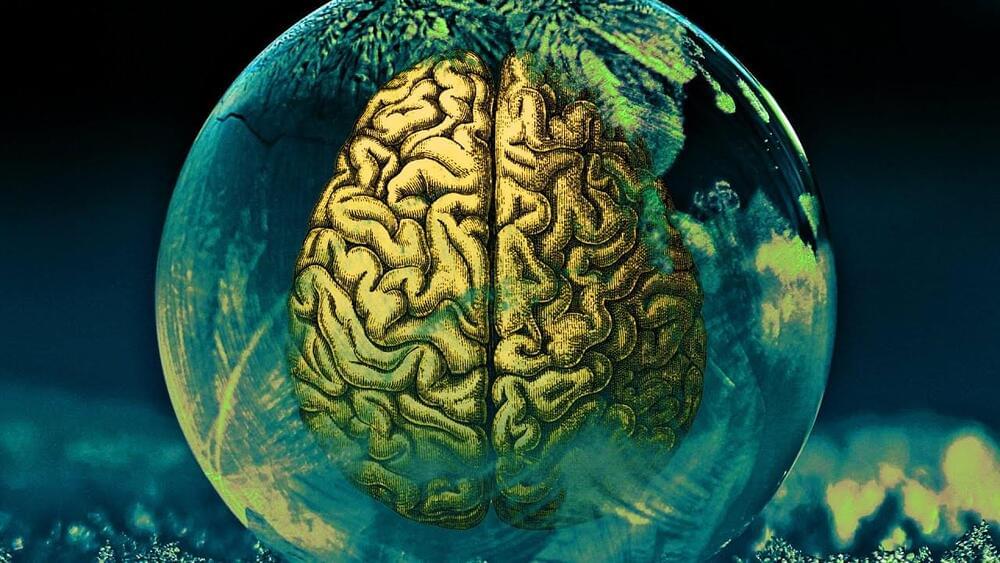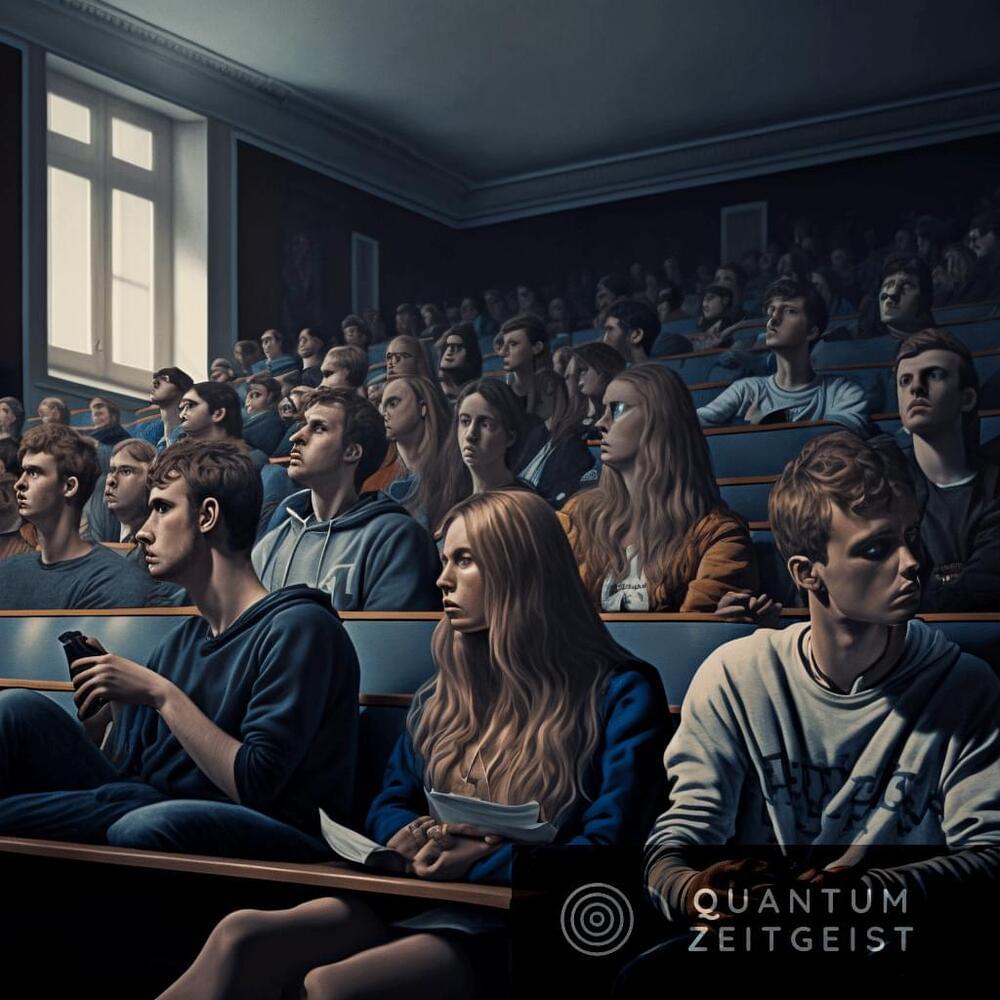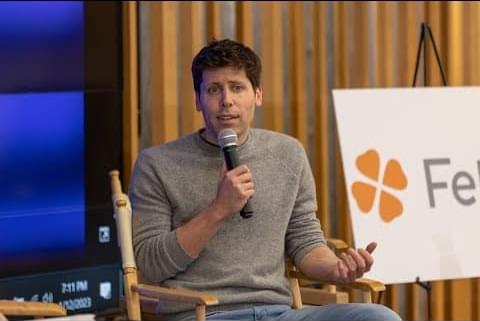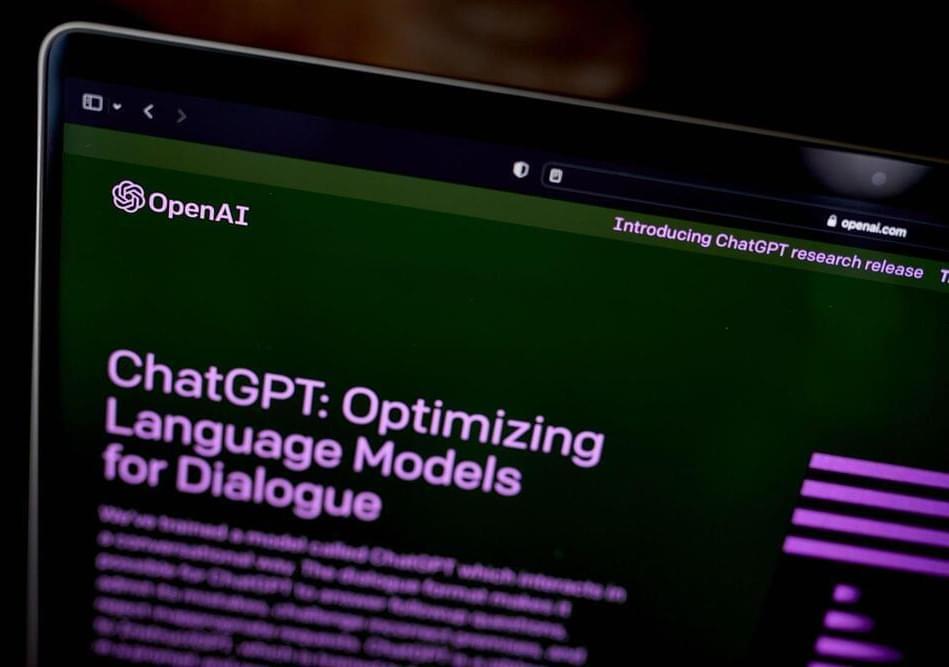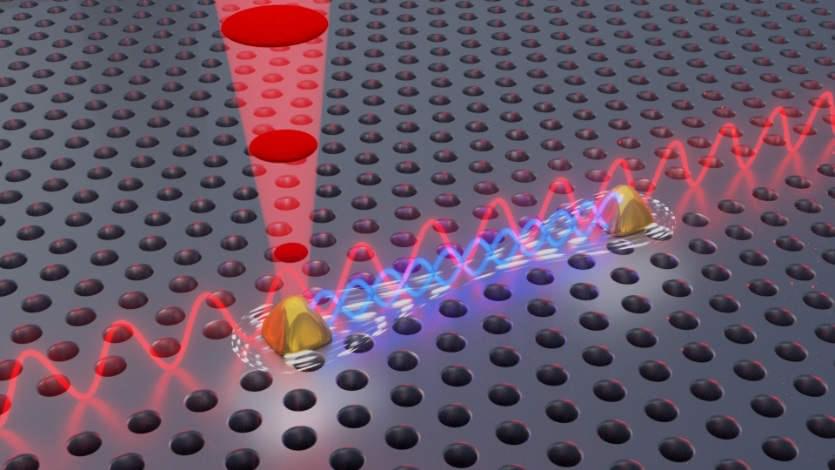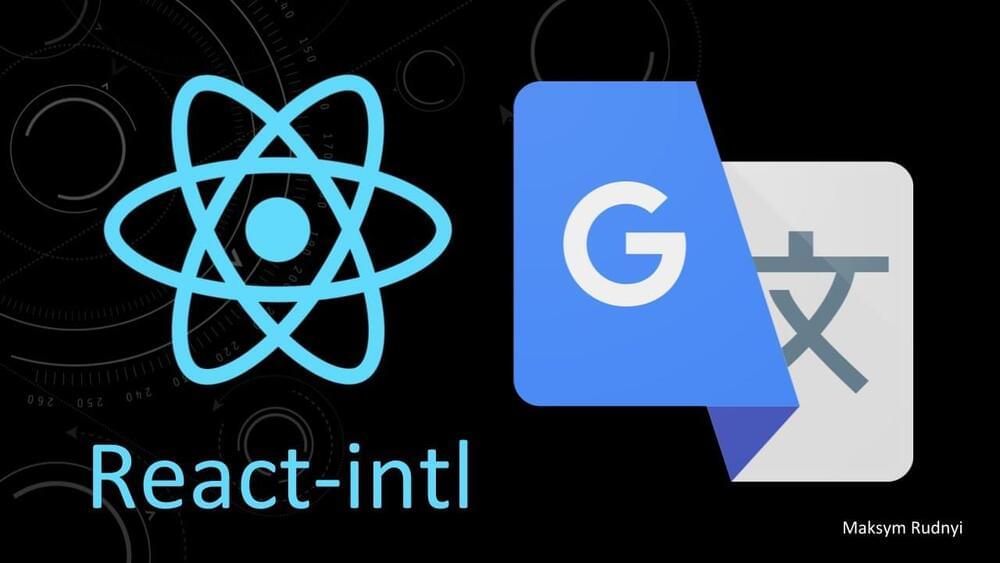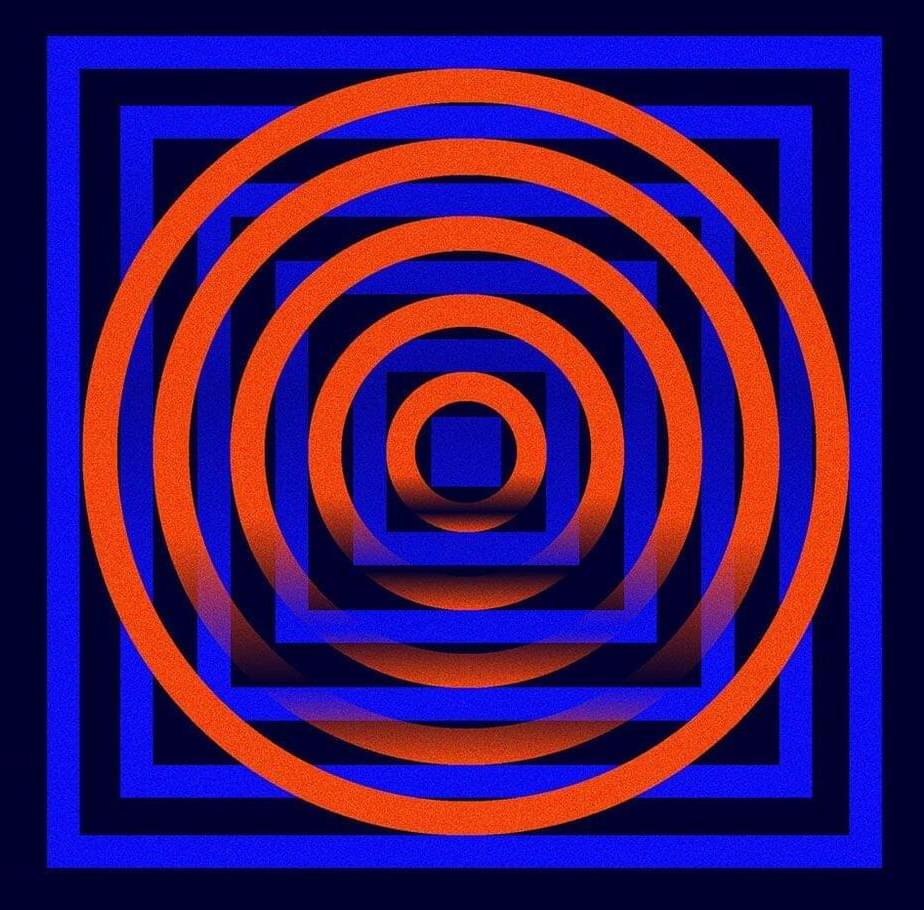Visit our sponsor, Brilliant: https://brilliant.org/IsaacArthur/
Science fiction loves to show us disembodied heads or brains floating in jars, but could this be one route to extending our lives? Or could you already be one living in false reality?
Visit our Website: http://www.isaacarthur.net.
Support us on Patreon: https://www.patreon.com/IsaacArthur.
Facebook Group: https://www.facebook.com/groups/1583992725237264/
Reddit: https://www.reddit.com/r/IsaacArthur/
Twitter: https://twitter.com/Isaac_A_Arthur on Twitter and RT our future content.
SFIA Discord Server: https://discord.gg/53GAShE
